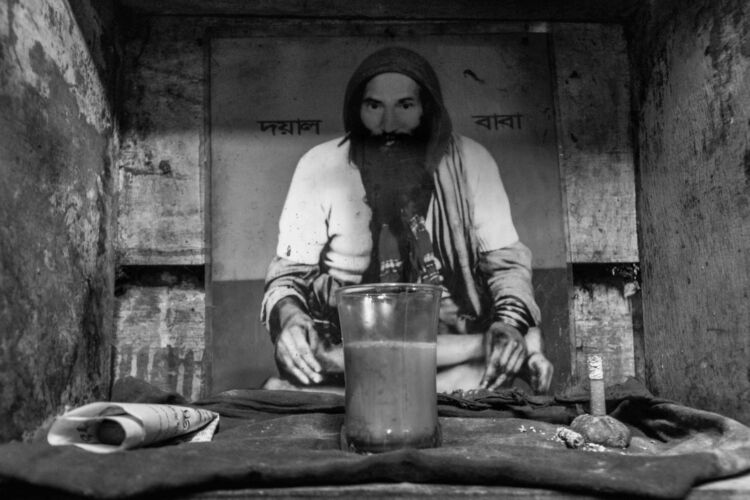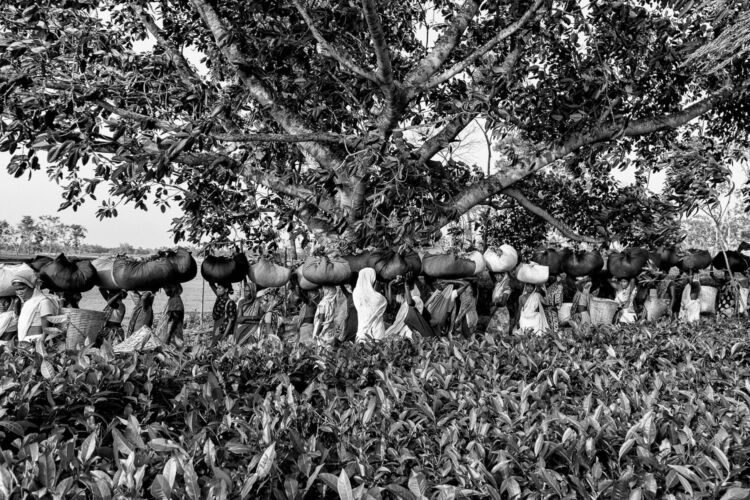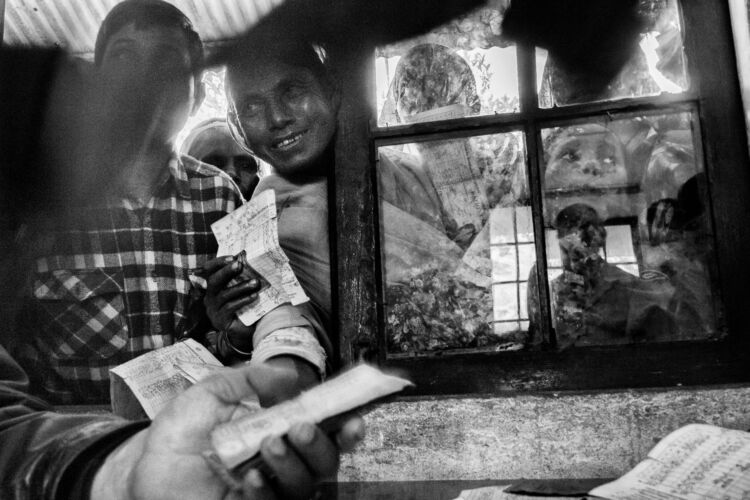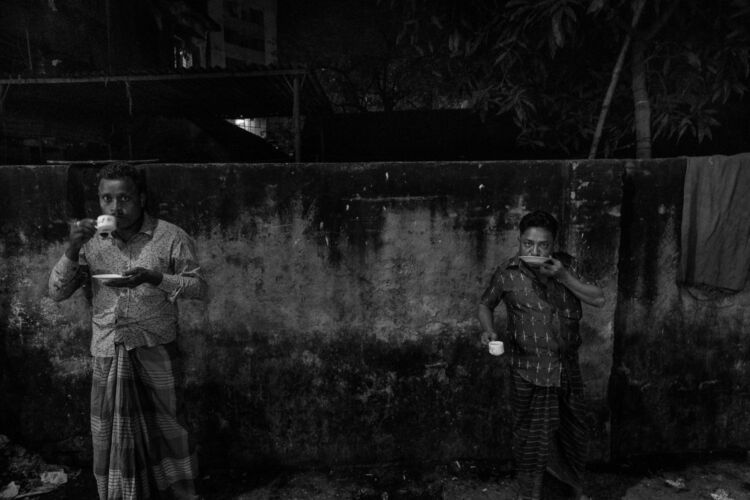project STATEMENT
In 2015, I was visiting a tea plantation in the northeastern corner of Bangladesh to cover a worker’s movement that protested the government’s decision to set up an Economic Zone on the land where workers had been cultivating crops for over hundred years. During the visit, I stayed with a worker’s family for a few days in the labour colony. I was moved by experiencing their simple life, which is closely attached to their decaying cultural and religious tradition, and I also saw the high price that the workers paid for our tea. This marked the beginning of the project.
Being a Bengali, I grew up in a tea drinking culture and society. I was taught, and later learned to offer a cup of tea to any guest whether at my house, roadside tea stalls or upscale cafes. In Bangladesh, beautifully crafted tea cups, mugs, and pots are considered precious souvenirs or gifts. In fact, tea plantations are one of the most popular spots in the country, attracting local and foreign travellers. And yet the people who maintain the entire plantation are landless!
The ancestors of these workers, who were marginalised by the British Land Revenue Policy, were brought to the plantations from different parts of undivided, colonised British India by promising, ‘a lovely garden in the hill country where they will look after trees with leaves of pure gold which would fall if they shuddered them.’ That deception started a lifelong servitude even for them and their descendants.
At present, approximately a million people representing ninety different ethnic groups makeup the tea community in Bangladesh. Ten percent of the workers have a permanent job at the plantation, seventy percent of them are women. The ongoing project aims to study the tea trade from its inception during the colonial period and document the historical, cultural, and social aspects of the drink.








